What is Acne, Anyway?
Acne is a very common skin condition which usually starts at puberty. It normally starts as blackheads and whiteheads then progress to red spots as well as pus filled spots. In some patients, the red spots can be very big and cystic in appearance. Although it is most common in teenagers but older patients can also be affected. In late onset acne, the condition tends to be more chronic.
What causes acne?
Acne is caused by excessive production of sebum on the skin. In some patients, the sebaceous glands are particularly sensitive to certain hormones. Excess oil along with dead skin cells lining the pores and follicles form blackheads and whiteheads. This then attracts the acne bacteria called Propionibacterium acnes to multiply and triggers the formation of inflammation and pus.

The treatment of acne is centred around trying to correct the excess oil production and the infection process. It can be broadly divided into the following categories:
Topical treatments – topical antibiotic, topical antiseptic like benzyl peroxide or topical retinoids. This also includes topical wash.
Oral antibiotics – usually a tetracycline type of antibiotic. It needs to be taken for 1-2 months before the efficacy can be assessed.
Oral contraceptive pills – the acne pill often contains a hormone blocker called cyproterone which reduces the oil production on skin. It is useful in women who see their acne flare up pre-menstrual. It usually takes a few months for the benefits to show.
Isotretinoin – this is the last resort for acne treatment. It is a powerful and highly effective treatment. It has the potential to cure acne in some people. However, it has the potential to cause a few side effects and it can only be prescribed by skin specialist. The most concerning side effect is that the drug is teratogenic, meaning that it can harm unborn baby if consumed by a pregnant lady.
Effective contraception must be used for at least 4 weeks before treatment, whilst on treatment and for at least 4 weeks afterwards. There are also concerns that isotretinion may cause depression and suicidal feelings. It is a complicated area for research to confirm this because acne itself can affects one’s self esteem.
Other treatments like chemical peels or light therapies – these forms of treatment have given mixed results when studied and are usually ineffective in more severe cases.
Self care and myths
It is important to take action to control acne soon to avoid permanent scarring. Treatment of scarring can be costly and time consuming. Keloid formation is the worst form of acne scarring and there is no effective treatment for this problem.
- Some topical treatments may dry or irritate the skin.
- Use oil free or water based cosmetic. Choose products that are labelled as being non comedogenic.
- Always use an oil free sun screen to prevent post inflammatory hyperpigmentation.
- Avoid scrubbing your face as this can cause irritation and inflammation leading to pigmentation later on.
- There is no scientific evidence that any foods like chocolate or oily food cause acne, however as a general rule a balanced healthy diet is always advisable.


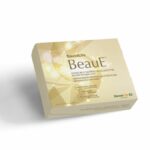



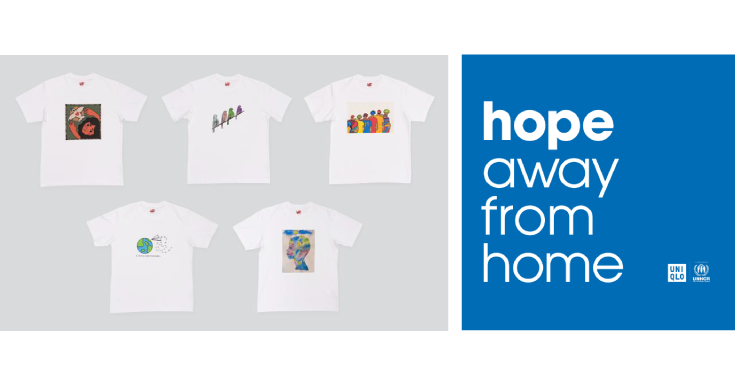

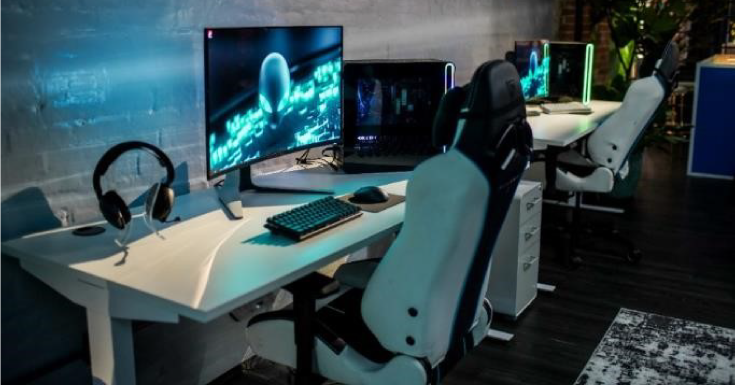
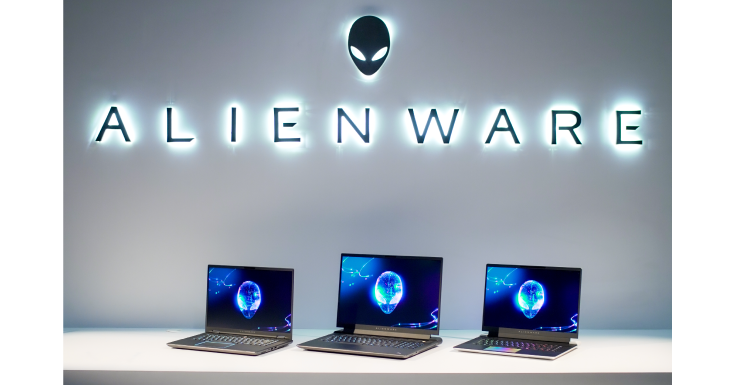
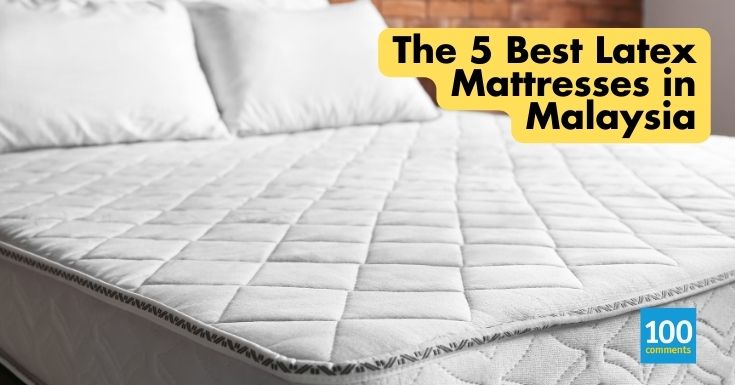










Leave a comment